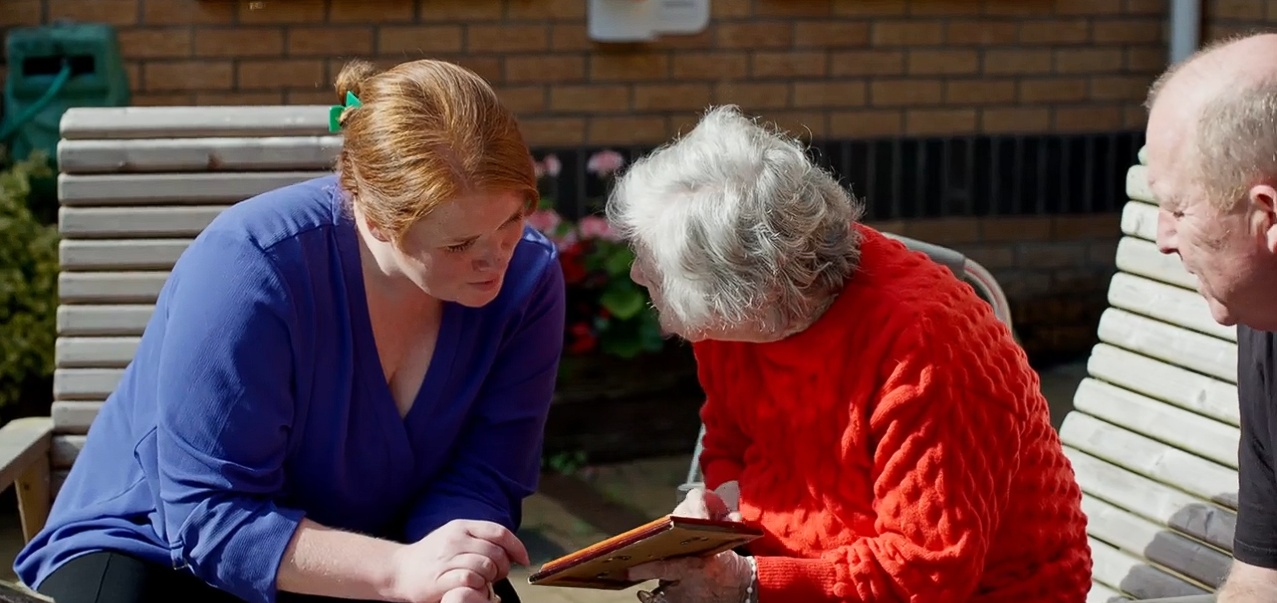
-
Source
Social hierachies in the hospital
Hospital cultures have been found to valorize autonomous decision-making and independent work, and to accentuate social hierarchies between junior doctors and senior consultants. As a result, junior doctors will often overprescribe broad-spectrum antibiotics rather than consult with their seniors on what type of antibiotic to prescribe or whether to prescribe at all. Social hierarchy in the hospital has also been found to contribute to the existence of local “bubbles” of culture (80), with junior doctors adopting the offtextbook prescribing practices and preferences of their senior consultants, as a form of social etiquette and fraternal obligation.
Senior doctors prioritize clinical knowledge and experience and often consider themselves exempt from the constraints of top–down policy. Consultants have been found to resist the implementation of ABS guidelines developed without input from specialist clinicians. Hospital ABS initiatives have more recently sought to enrol pharmacists into the governance process, partly in recognition of their detailed pharmacological knowledge. However, pharmacists report feeling disempowered and unable to intervene effectively in what have traditionally been deemed “medical” decisions.
Photo by Piron Guillaume on Unsplash




